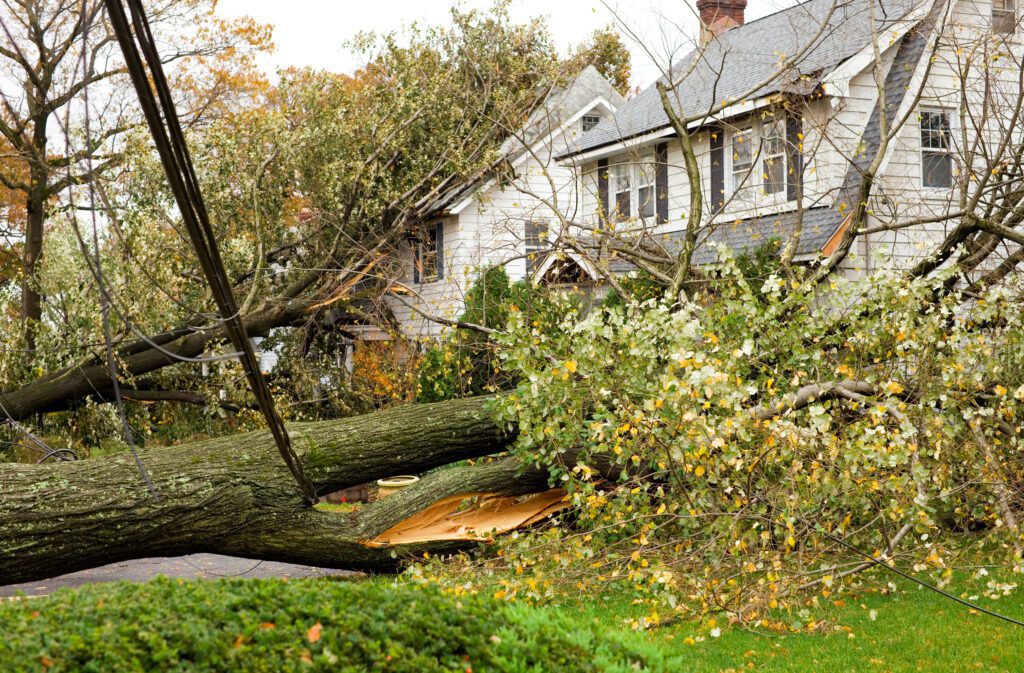When catastrophe hits, after ensuring everyone’s safety, it’s time to start the insurance claim process. You will need to provide the insurance company with documents and supporting evidence about what was lost or damaged. Of course, the better prepared you were prior to the emergency, the more likely your claim will be successful. Check out our infographic for some tips on how to prepare yourself for almost any emergency!
Emergency Preparedness Guide
The better prepared you are for an emergency, the more likely your insurance claim will be successful.
General
- Know the natural risks in your region
- Make an emergency kit
- Clarify expensive items are covered by insurance
- Keep receipts of expensive items
- Make an escape plan for all emergencies
- Take pictures of as many items as possible
- Join the Neighbourhood Watch
House Fire
- Check your smoke detectors regularly
- Have a fire extinguisher on hand
- Identify & remove any fire hazards in the home
- Keep stove & oven clear
- Keep flammable products away from heat
- Don’t leave candles unattended
- Check conditions of your cords
Break & Enter
- Ensure all locks are in working order
- Only lend your keys out to people you trust
- Post vacation pictures when you return
- Tell neighbours when you are going away
- Invest in security system/sensor lights
- Don’t reveal emergency key location/garage code
- Keep valuables in a safety-security box
House Flood
- Waterproof your basement
- Check your foundation for cracks or leaks
- Install a primary & backup sump pump
- Move valuables/electrical items to high places
- Extend rain gutters well away from your home
- Check that your insurance covers flood damages
- Get your sewer or septic tank cleaned
Car Theft
- Double-check your doors are locked
- Shut your windows
- Park in well-lit areas
- Check that your car alarm is working
- Keep valuables out of sight
- Don’t leave your car running
- Get a GPS vehicle tracker
Heavy Snowfall
- Insulate your pipes & your attic
- Clear snow from your roof regularly
- Trim branches near your home that could fall
- Remove snow & ice from furnace vents & drains
- De-ice & shovel your driveways & walkways
- Clean your gutters before the winter
- Buy a portable heating device for power outages
What to Do After an Emergency
- After a home incident, make sure everyone is safe and only re-enter your house when you are given permission.
- Get a copy of the Report (fire, flood, police) for yourself and your insurance company.
- Contact your insurance company as soon as you can to start your claim. AIB’s insurance claim page can be found here.
- Make a list of things that were damaged and put undamaged items somewhere safe.
- Fully cooperate with the insurance company’s investigation.
